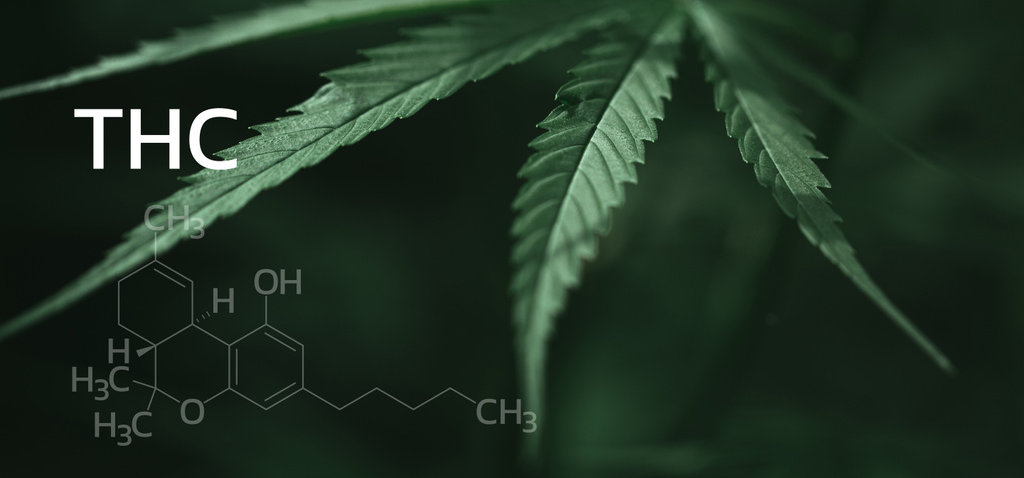A new study from researchers at Johns Hopkins University School of Medicine finds that oral delta-9-tetrahydrocannabinol (THC) is more effective than cannabidiol (CBD), or a combination of the two, in reducing pain sensitivity associated with acute inflammation.

The study, published in The Journal of Pharmacology and Experimental Therapeutics, used a carrageenan-induced inflammatory pain model in rats to evaluate the effects of THC, CBD, and their combination on swelling and pain. Male and female rats were given either THC (1, 3, or 10 mg/kg), CBD (10, 30, or 100 mg/kg), or both one hour prior to receiving an inflammatory injection in the paw. A separate group was given the anti-inflammatory drug ketoprofen as a control.
Results showed that THC alone reduced heat-induced hyperalgesia and pressure-induced allodynia in a sex- and dose-dependent manner, with significantly stronger effects observed in female rats. Interestingly, the lowest dose of THC increased inflammation in males. In contrast, CBD alone did not relieve pain sensitivity but provided limited anti-inflammatory effects in males.
When THC and CBD were combined, their effects were less than additive—meaning the combination was less effective than THC alone.
he authors conclude by saying “These data demonstrate that prophylactic oral D9-THC alleviates acute inflammatory pain with sex-dependent effects, and CBD diminishes D9-THC antinociception when combined. Findings suggest oral D9-THC is superior to CBD or combined D9-THC+CBD for acute inflammatory pain.







